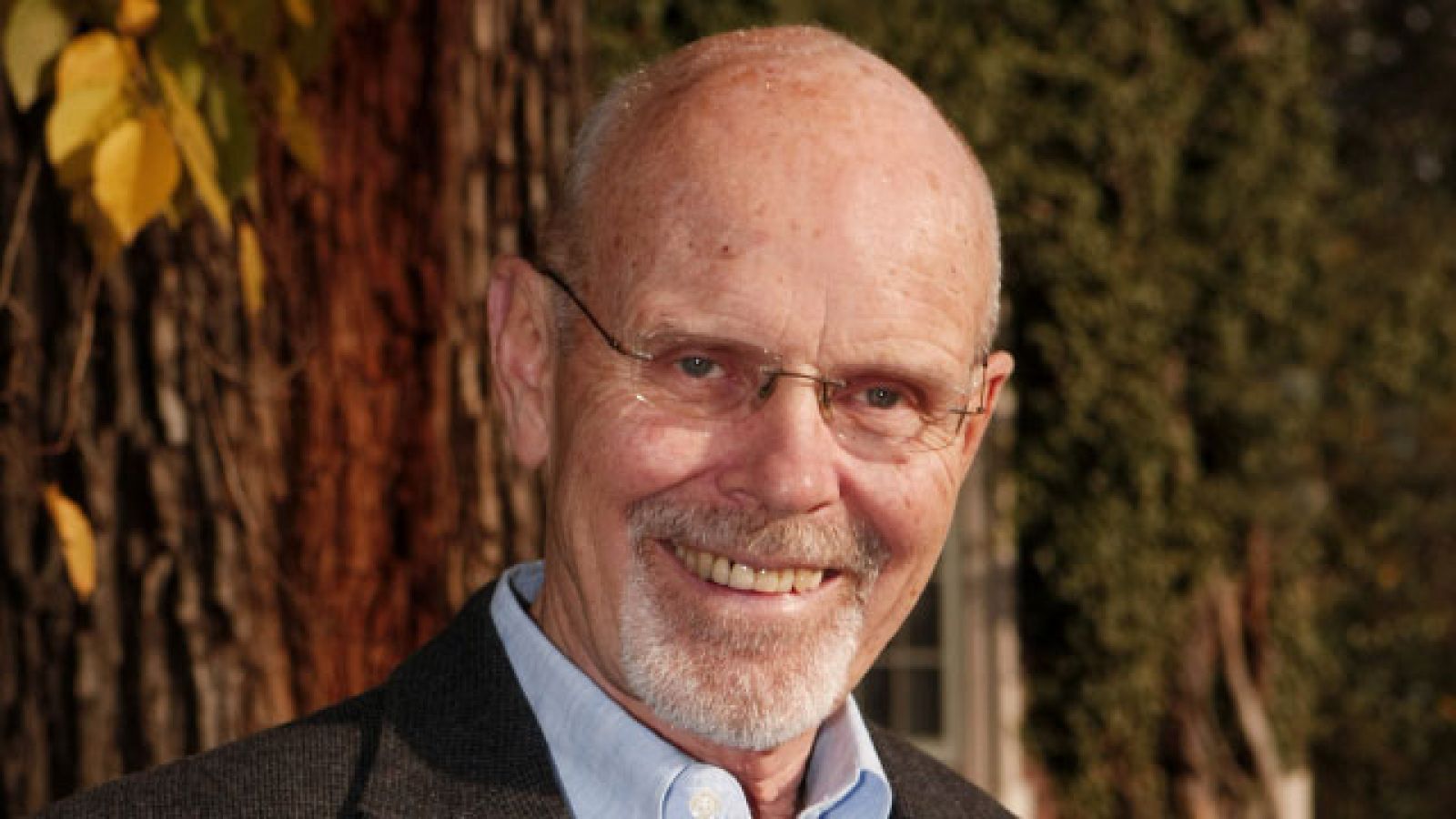ANU Philosopher Philip Pettit to give 2019 John Locke Lectures at Oxford University

Distinguished Professor Philip Pettit, ANU School of Philosophy. Image: Supplied
Distinguished Professor Philip Pettit has been invited to present at what philosophers consider their discipline’s most important series of talks: the John Locke Lectures at Oxford University.
Professor Pettit’s appearance in 2019 will make him the third Locke Lecturer among staff of the ANU School of Philosophy, behind Emeritus Professor Frank Jackson (1994) and Professor David Chalmers (2010).
Five former and upcoming Locke Lecturers have worked at the ANU, including former researcher and 2015 Jack Smart lecturer Professor Rae Langton and former head Professor Michael Smith (2017), demonstrating the national university’s strength in the discipline.
“The work on which all five have drawn or will draw was really worked on primarily at the ANU,” Philip says.
“The ANU philosophy department has been for more than 25 years one of the most distinguished in the world.”
That’s reflected in the QS subject rankings, where ANU has for the past three years ranked number one in Australia and in the top 20 in the world.
Born and raised in Ireland, Philip has been a lecturer at University College, Dublin and a Research Fellow at Trinity Hall, Cambridge. He joined the ANU in 1983 and held a joint professorial position in Social and Political Theory in Philosophy until 2002.
Philip moved to Princeton University in 2002 but has held a joint position between Princeton and the ANU since 2013; he divides this time between the two institutions.
Philip has been a Fellow of the Australian Academy of Social Sciences since 1987, Australian Academy of the Humanities since 1998 and was elected to the American Academy of Arts and Sciences in 2009 and to the British Academy in 2011.
Philip says he loves the ANU and Canberra, where his two sons were raised.
“I was a Canberra fan when it was neither profitable nor popular to be,” Philip says, laughing.
“One of the great things about Canberra is you can cycle so much. Cycling around the lake is one of the great pleasures in my life.”
Philip’s books include Republicanism (1997, translated into a dozen languages), A Theory of Freedom (2001) and On the People’s Terms: A Republican Theory and Model of Democracy (2012). He has advised governments, including Spain’s under President Zapatero, and regularly advises activist groups.
He writes at a desk, but has a preferred method of breathing ideas into life.
“I lie down to generate ideas, and I talk to other people to test the ideas for clarity or persuasiveness.”
“One thing I love about Australian philosophy and the ANU is that it’s an oral tradition. When you have to stand back, put aside your text, sit across the lunch table and tell someone the line you’re running, then anything unclear will show up fast.”
The Locke Lectures involve six lectures over six weeks and become a book. Philip has plotted a general overview, but must first finish a book based on his 2015 Tanner Lectures at Berkeley.
“The lectures I want to give will certainly make connections with issues in morality and politics, but they’ll be more general, philosophical lectures in the area that’s broadly called the philosophy of mind.”
Find out more about studying Philosophy at ANU.